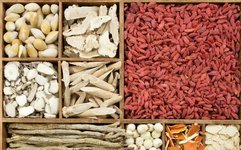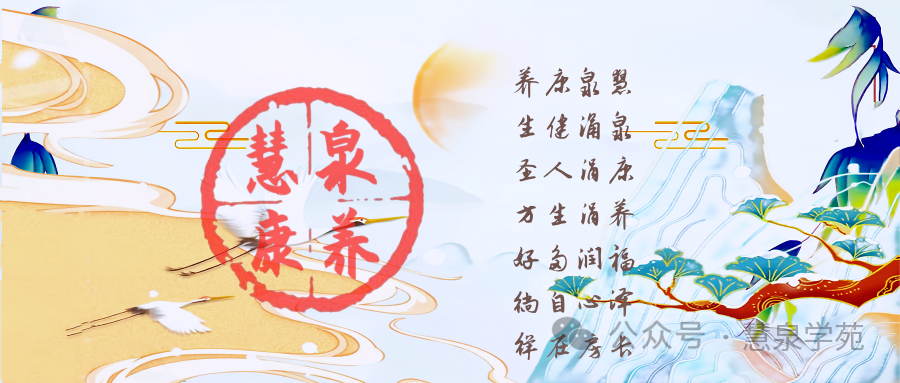



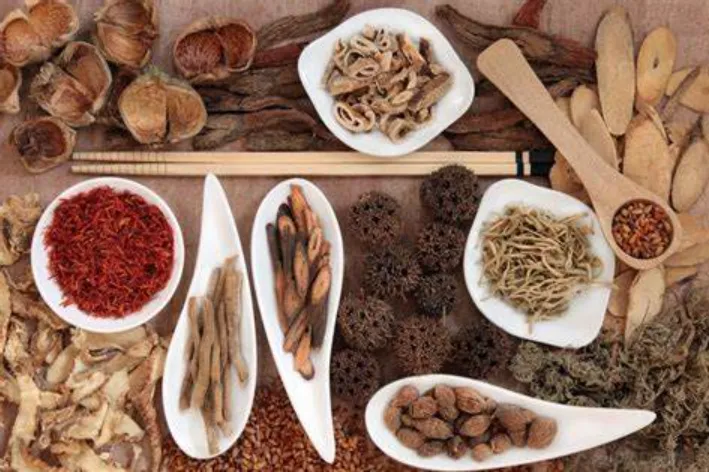


Nowadays, more and more people choose to consult Traditional Chinese Medicine (TCM) and take herbal medicine to regulate their health. When you see a variety of herbal materials in a pharmacy, do you know which one to buy? Chinese herbal pieces, granules, pastes, pills, powders… what are the differences between these forms? How should one choose? Chinese herbal pieces refer to products processed and prepared according to TCM theories, based on syndrome differentiation and the needs of dispensing and formulation. In other words, after the herbs are planted and harvested, they must first be processed into Chinese herbal pieces before they can enter hospitals, pharmacies, etc., allowing consumers to purchase them for brewing with water as a tea substitute.
There are various methods of processing herbs, ranging from simple to complex. Simple methods include cleaning, cutting, and heating; complex methods involve adding auxiliary materials, which can be categorized into wine-fried, vinegar-fried, honey-fried, and oil-fried, depending on the auxiliary materials used.
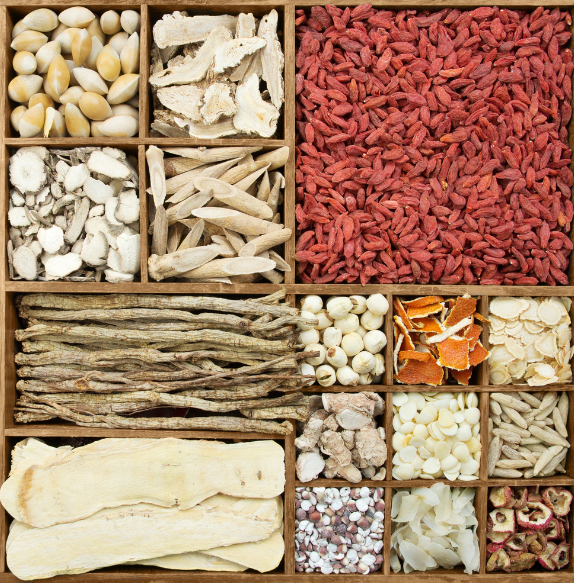
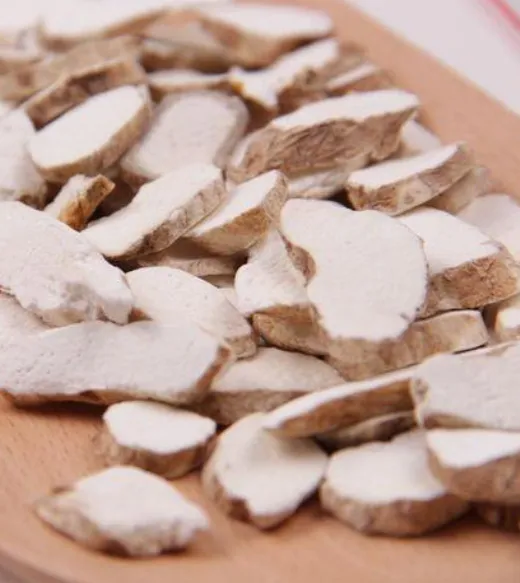

It is also important to remind everyone to use only Chinese herbal pieces purchased from legitimate sources for brewing. Do not casually use plants or herbs of unknown origin or those that have not been processed.
Using Chinese herbal pieces as a tea substitute is a simple and practical health maintenance method, but it is not suitable for everyone. First, correct syndrome differentiation is needed, followed by moderate consumption, and attention to the quality of the herbal pieces to ensure safe and effective use.
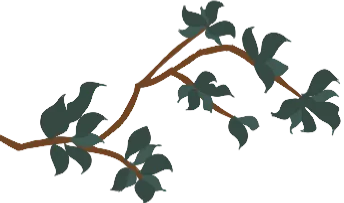
 Chinese Herbal Granules
Chinese Herbal Granules
Chinese herbal granules are made from single herbal pieces processed according to national production standards through water extraction, separation, concentration, drying, and granulation. Under the guidance of TCM theory, they are prepared according to clinical prescriptions for patients to take.
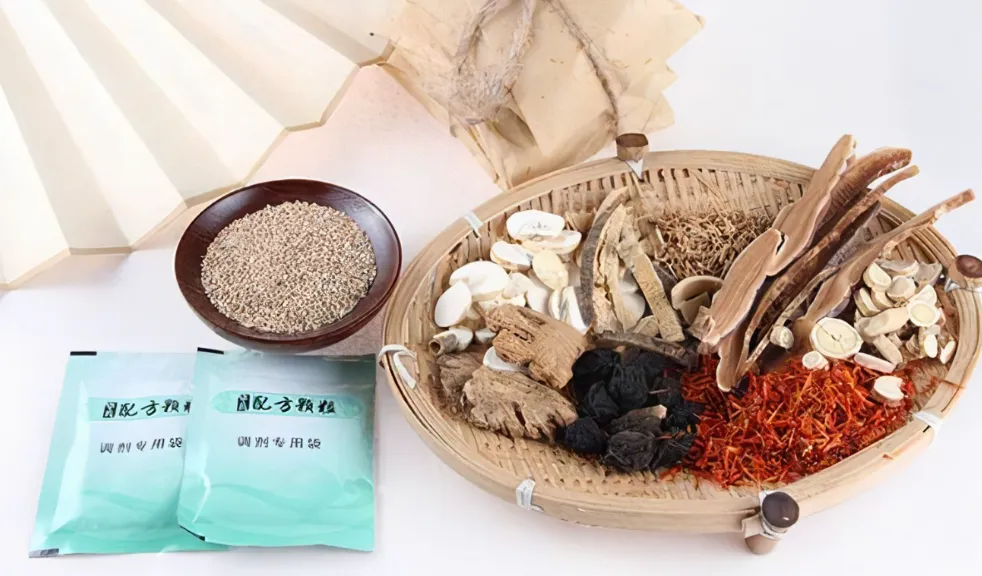
Characteristics of Chinese herbal granules
1. No need for decoction, can be taken immediately, making it easy to use.
2. Small in size, easy to store and carry.
3. Sealed packaging, relatively longer shelf life compared to decoctions.
4. Less prone to issues like insect infestation or mold compared to traditional herbal pieces, ensuring safety and efficacy.
5. More convenient than taking traditional herbal decoctions, leading to higher patient compliance.
6. Automated preparation and verification, with an error rate close to zero.
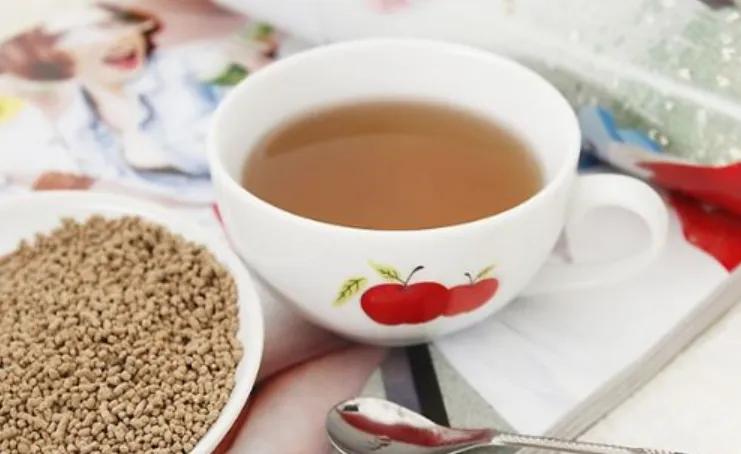
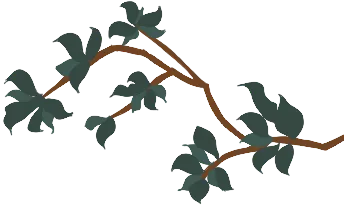
 Chinese Herbal Pastes
Chinese Herbal Pastes
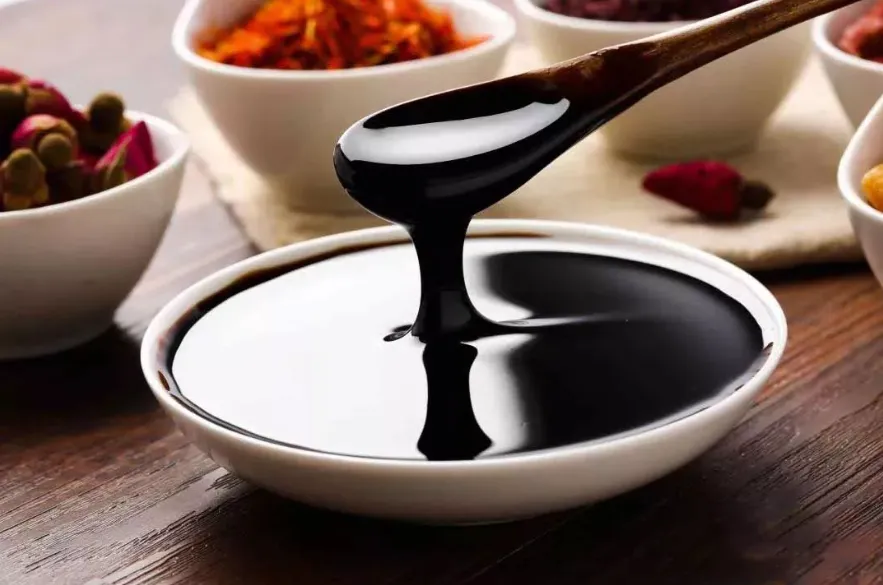
The coldest season of the year is approaching. Spring brings growth, summer brings abundance, autumn brings harvest, and winter is for storage. In winter, consuming herbal pastes for nourishment and health regulation is a choice for many.
Pastes differ from herbal decoctions in that their preparation process is complex, involving ten steps: ingredient selection, soaking, decocting, second decoction, sedimentation, filtration, concentration, paste formation, cooling, and final paste. Each step must strictly follow standards to produce high-quality pastes.
A small detail missed during the paste-making process can affect the final effect of the paste. Pastes made through these ten traditional processes are smooth, delicate, and sweet.
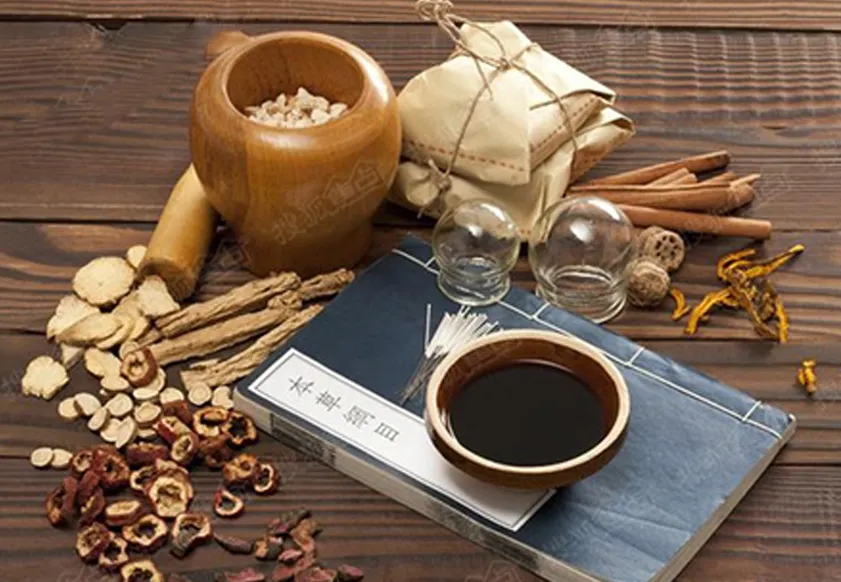
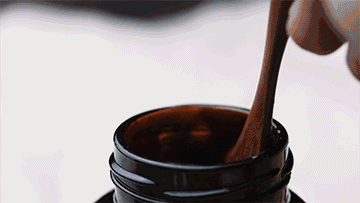 Chinese Medicine
Chinese Medicine
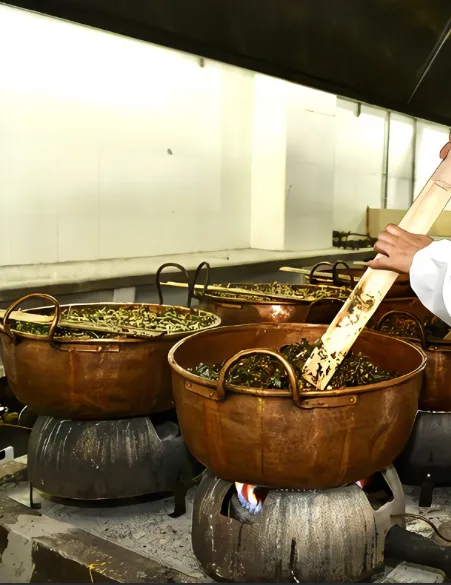
Pastes have functions such as nourishing and strengthening the body, anti-aging, benefiting qi and blood, warming yang, harmonizing the nutritive and defensive qi, and promoting blood circulation. They can be used for those with chronic illnesses, weak bodies, or sub-healthy individuals who have health maintenance needs or have been identified by TCM as having imbalances in their constitution. With the development of society, pastes have gradually become a very good means of TCM for preventing diseases or treating illnesses.

Chinese Herbal Pills
According to the “Method of Medication” records: “Pills are slow, they cannot be taken quickly, which reflects the intention of using medication gently and treating it.” As one of the oldest forms of Chinese patent medicine, pills have several advantages, including long-lasting effects, suitability for chronic diseases, mild toxicity, and reduced volatility.
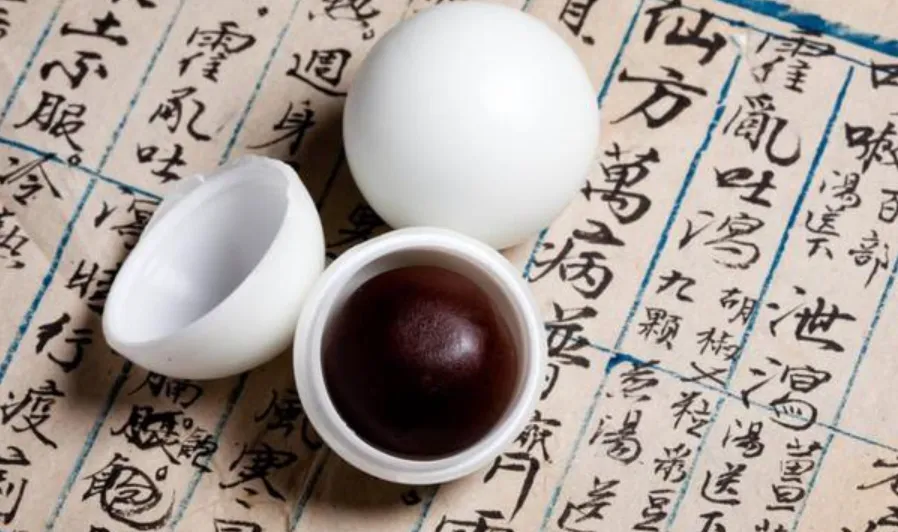
Characteristics of pills
1. Long-lasting effects
Traditional pills dissolve and release medication slowly, providing long-lasting effects.
2. Suitable for chronic diseases
They are suitable for treating chronic diseases or harmonizing qi and blood after illness.
3. Mild toxicity
Due to the slow release of medication, pills can delay the absorption of toxic or irritating drugs, thereby reducing side effects.
4. Reduced volatility
Aromatic or unpleasant-smelling drugs can be encapsulated within the pill or coated to reduce the impact of their volatile odors on medication intake, alleviating the stress of taking medicine.
5. Convenient to take and carry
Can be taken with warm water, making them easy to use; small packaging units make them convenient to carry.
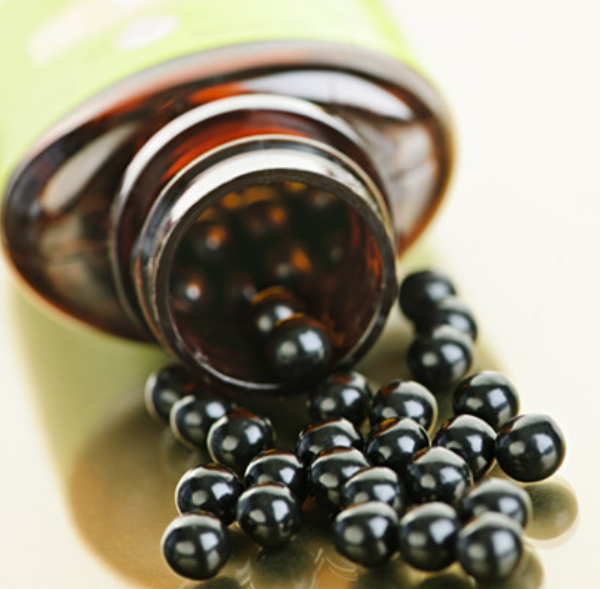
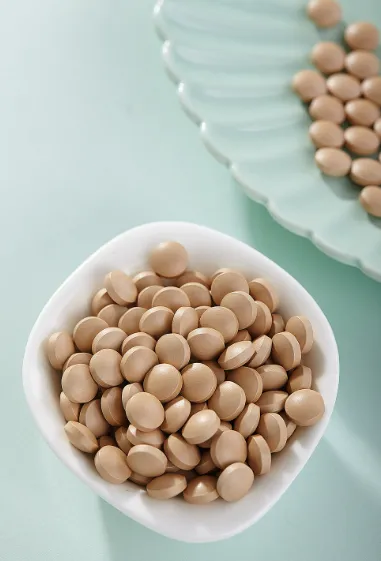
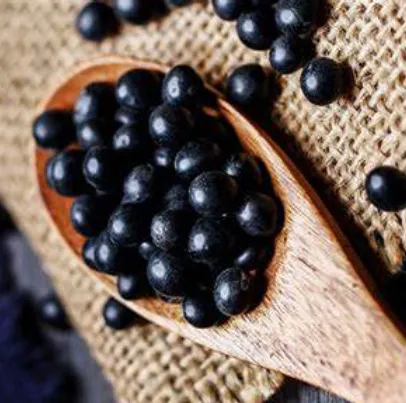

Chinese Herbal Powders


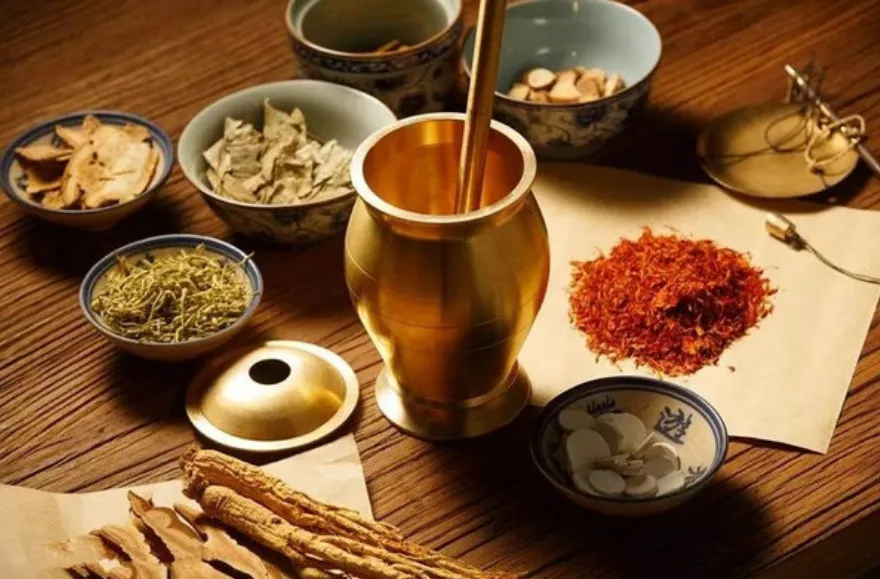


Powders are made by grinding the herbs into a uniform dry powder, which can be taken internally or used externally. Internal powders can be divided into adjusting powders and decocting powders, where adjusting powders are taken directly with different solvents, while decocting powders are boiled for consumption.
Powders can also be used externally, referring to original herbs or pieces ground into fine powder for topical application, and can also be used for eye drops, throat sprays, and brushing teeth.
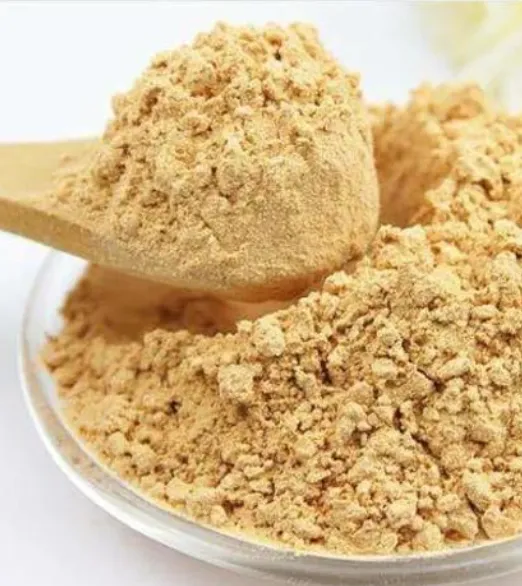
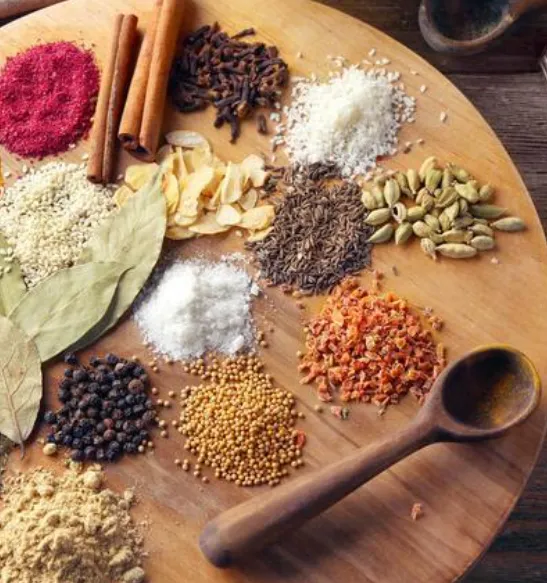

Powders have the advantages of relatively small dosage, lower cost, and convenience for patients to take and carry. Studies show that during the decoction process, decocting powders can achieve the same efficacy as herbal pieces at 1/2 to 2/3 the dosage, effectively saving herbal materials. Moreover, for certain conditions, powders may have better efficacy than other forms.

Chinese Herbal Decoction
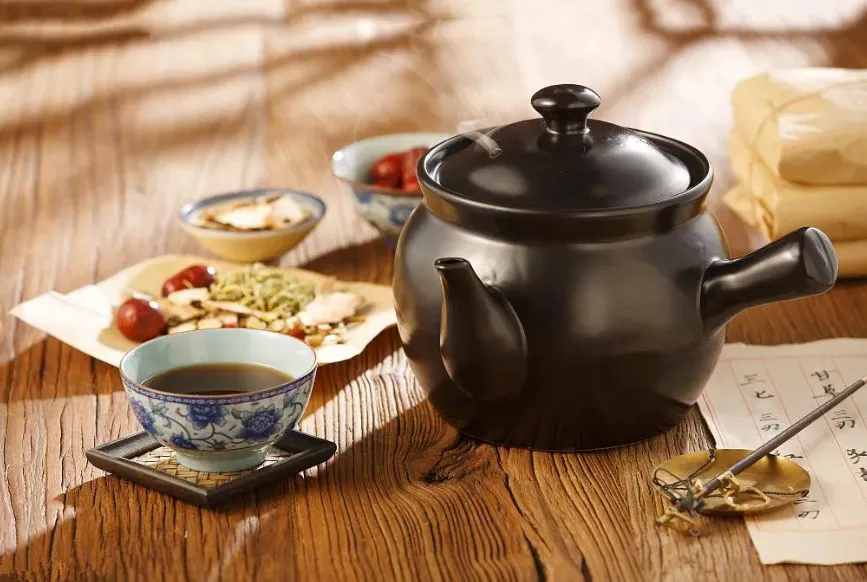
As life becomes busier, many people are reluctant to brew herbal medicine at home due to the time-consuming and difficult process, which can sometimes lead to reduced efficacy due to improper operation.
In contrast, decocting herbal medicine through standardized computer-controlled operations can provide different decoction methods based on the characteristics of the herbal pieces; the entire decoction and packaging process is completed in a closed environment, ensuring the sterility and hygiene of the herbal liquid; it can be stored for a long time under refrigeration.
For patients with a fast-paced lifestyle who do not have time to brew herbal medicine themselves, decocting herbal medicine ensures timely medication, avoiding missed doses due to lack of time, making it a time-saving and labor-saving choice.
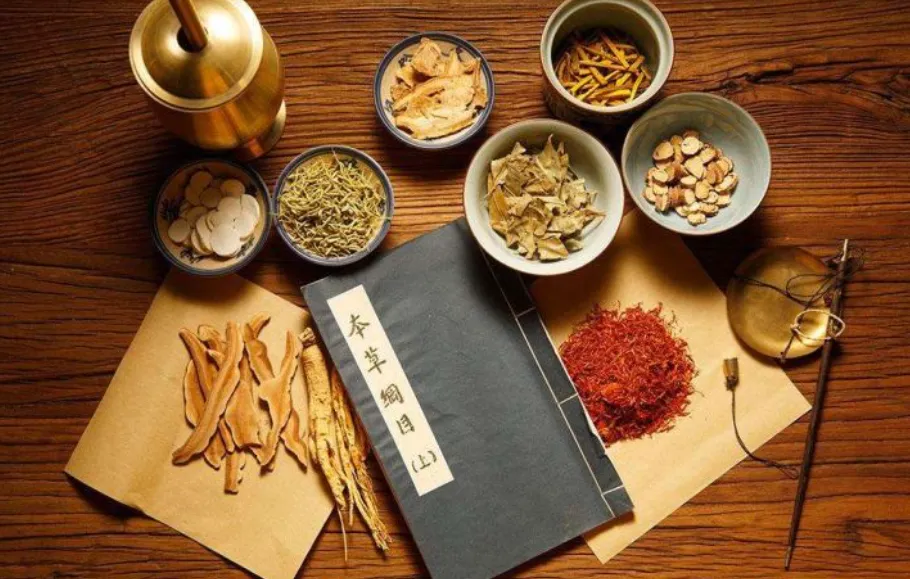
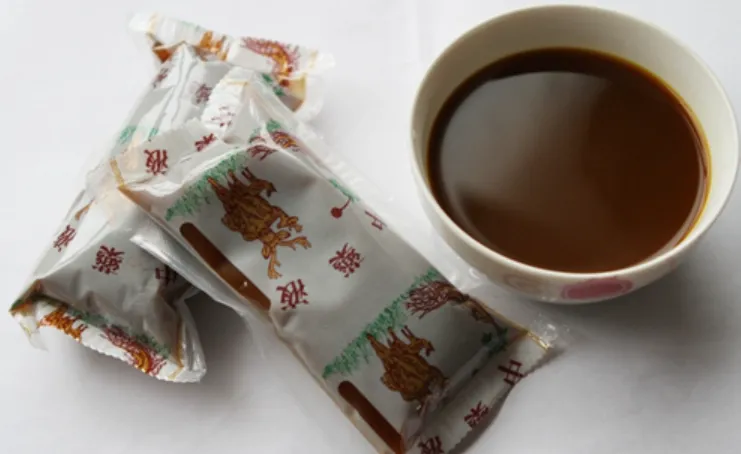 Chinese Medicine
Chinese Medicine
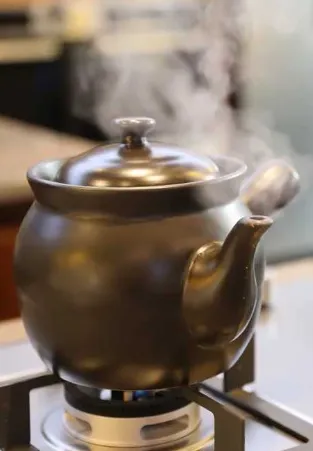
Copyright Statement: We focus on sharing, and the images and text are sourced from the internet. Copyright belongs to the original author. If there is any infringement, please inform us, and we will delete and apologize promptly.
Click the text below to learn more exciting content:
The trend of the health and elderly care industry determines the future. Have you already entered the market?!
Promoting TCM culture to benefit the health of the people is an intangible cultural heritage---Intangible Cultural Heritage of Herbal Medicine and Meridian Therapy
Intangible Cultural Heritage of Herbal Medicine and Meridian Therapy: Usage, Applicable Population, and Precautions
What are the advantages of Intangible Cultural Heritage of Herbal Medicine and Meridian Therapy compared to massage, moxibustion, and cupping?
Brief Analysis: Eastern Pharmacist Movement Therapy

